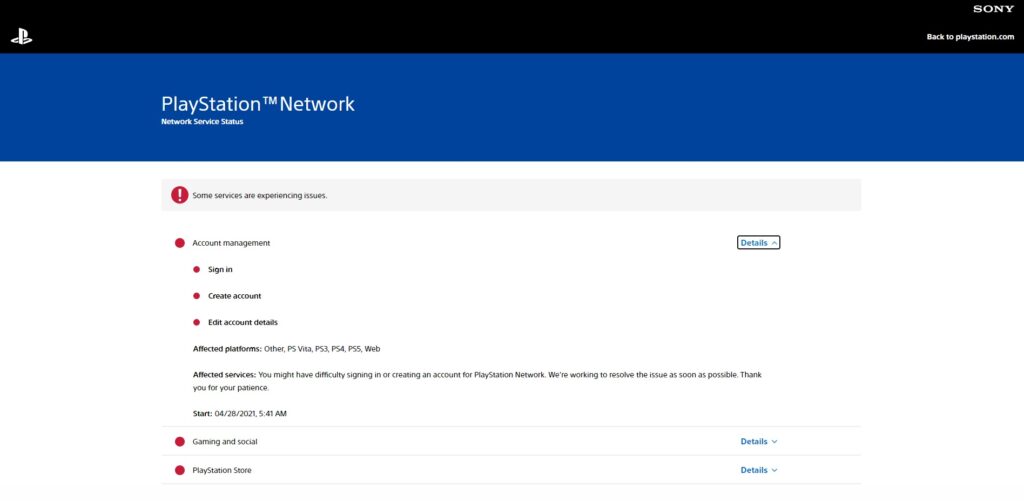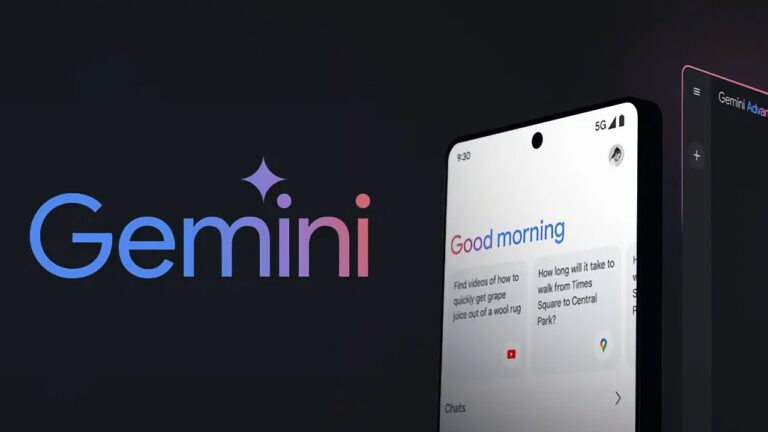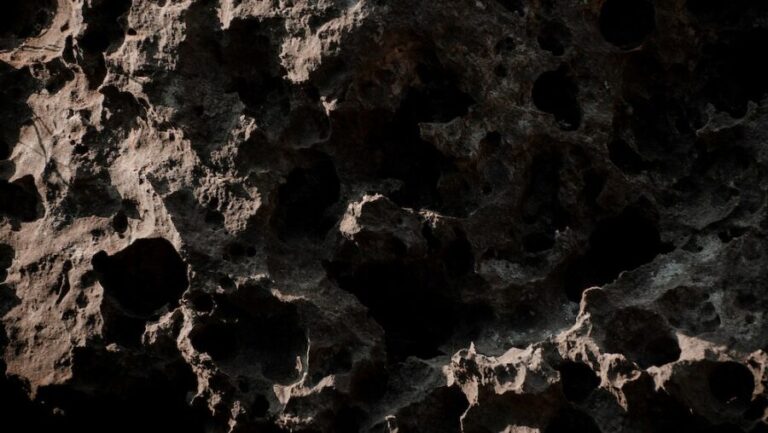
Audience
- Sentiment: neutral
- Political Group: not applicable
- Age Group: 18-34
- Gender: male
Overview
- The PlayStation Network experienced a significant outage affecting thousands of gamers during a peak gaming period.
- The cause of the outage remains unclear, causing frustration among users who wanted more transparency from PlayStation.
- In response, PlayStation offered an additional 5 days of service to its Plus members as a gesture of goodwill.
The PlayStation Network Outage: What Happened and Why It Matters to Gamers
If you’re a gamer, chances are you’ve had your fingers glued to your controller while diving into the world of your favorite games. Whether you’re battling zombies in Call of Duty, building epic structures in Fortnite, or cruising through the streets of Los Santos in Grand Theft Auto, online gaming has become a major part of our lives. But what happens when the digital world goes dark? That’s exactly what happened recently when the PlayStation Network (PSN) experienced a significant outage, leaving thousands of gamers frustrated and wondering what the heck was going on.
What is the PlayStation Network?
First off, let’s make sure everyone is on the same page. The PlayStation Network is an online service that allows gamers to connect, play games, download new content, and buy games directly from the console. Imagine it as a giant party where all your friends are hanging out, playing games, and having a great time. When PSN is up and running, you can jump into multiplayer games, chat with friends, and even watch movies or stream shows through services like Netflix and Hulu on your PlayStation console.
The Outage: What Went Down
Now, let’s dive into the details of the recent outage. On a busy Friday evening—when many gamers had probably just settled in with their favorite snacks for a long gaming session—the PSN went down for several hours. It seemed that one moment, everything was fine, and the next, gamers were hit with errors, unable to log in or connect to online games. Popular games like Fortnite, Call of Duty, and Grand Theft Auto were impacted, which made the situation even more frustrating for fans who had been eagerly waiting to play.
Imagine the excitement of a double XP weekend in Call of Duty. You’ve probably marked your calendar, gathered your squad, and bought a bunch of snacks. But then suddenly—boom!—the network is down, and you can’t even log in. That’s a serious bummer, right? Gamers flocked to social media to voice their complaints, sharing memes, funny posts, and frustrated tweets about the outage.
The Cause of the Outage
While PlayStation did apologize for the disruption, the exact cause of the outage remains a mystery. This is one of those things that can feel really irritating because, as gamers, we want to know what went wrong. Sometimes, servers could be overwhelmed due to high traffic, server issues, or even cybersecurity threats. In a world so connected, it’s not uncommon for networks to face hiccups now and then.
However, the lack of clear communication from PlayStation about the cause of the outage left many in the dark. As a gamer, you just want to know if there’s something that could be done to prevent this from happening again. It’s like that feeling when your Wi-Fi cuts out right before a big moment in your game—you just want answers!
The Silver Lining
Despite the frustration that the outage caused, PlayStation stepped up to acknowledge the inconveniences. They took the initiative to offer all PlayStation Plus members an extra 5 days of service as a sort of “sorry, this happened!” gift. For gamers paying for Plus membership—offering exclusive discounts, free games monthly, and access to online multiplayer—this was a nice gesture. It shows that they care about their loyal fans and want to make things right. It’s like when your friend apologizes for accidentally spilling soda on your game controller; it doesn’t fix the soda, but it shows that they value your friendship.
Timing is Everything
One of the most annoying aspects of the outage was its timing. It occurred during a particularly busy gaming weekend. Gamers were buzzing about the free beta for the brand new game, Monster Hunter Wilds. A beta is a sort of preview where players can try a game before its official release, providing feedback to the developers. You know how exciting it is to get your hands on new game content? To have that taken away because of an outage is disappointing, to say the least.
And let’s not forget that Call of Duty had a double XP weekend going on, making it even worse for those who had big goals for their characters. The hype was real, and then—poof! It was gone. It’s like planning an epic birthday party and then getting rained out at the last minute.
The Community Reacts
In times like these, what we really observe is how important community is in the gaming world. Gamers rely on each other for support, whether through team-based games or by simply sharing their thoughts on social media. The outrage on platforms like Twitter and Instagram was both a way for gamers to vent and a means to connect with others who were feeling the same way.
Gamers began sharing their experiences and frustrations, which naturally brought laughter amidst the chaos. Memes were created and shared, turning a rough situation into something a little more bearable. Unfortunately, we know that while the online world can keep us connected, it can also disconnect us in moments like this—and it can lead to epic reaction threads where everyone shares their favorite games and funny experiences.
Moving Forward
So what can we learn from this outage? For one, it’s a reminder of how dependent we’ve become on online gaming. When things are going well, we take it for granted. However, when networks go down, it can disrupt our plans, frustrate our gaming sessions, and lead to a feeling of loss—even if it’s just for a few hours.
Moreover, it’s an opportunity for companies like PlayStation to improve their communication strategies. As gamers, we appreciate transparency. While a service may have its ups and downs, we want to know what happened, why it happened, and how it will be fixed moving forward.
Lastly, it reminds us of the importance of flexibility and patience. Yes, it’s frustrating to be left out of gaming fun, especially during peak times. Yet, it also gives us a moment to take a break, step back from the screen, and appreciate the world outside our consoles. Maybe it’s a good time to play outside or catch up with friends without the distraction of screens. Sometimes, we need those little reminders to disconnect with technology and connect with the real world.
Conclusion
So, what do you think? Did you experience the PSN outage? How did it affect your gaming plans? What are your thoughts on how companies should communicate when issues like these arise? Share your thoughts in the comments below—I’d love to hear your stories and how you managed to cope during the outage!






